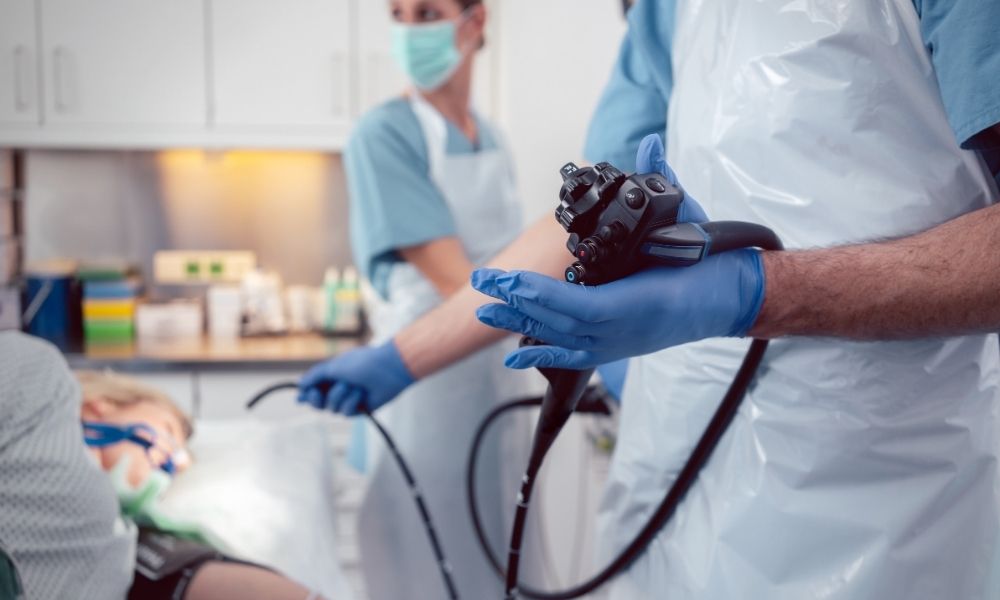A prospective female’s inability to conceive is assessed as a component of an extensive physical examination. The examination will include a case history concerning possible aspects that can contribute to infertility.
Healthcare providers may make use of one or more of the adhering to tests/exams to assess fertility:
- A urine or blood examination to check for infections or a hormonal agent problem, consisting of thyroid function
- Pelvic test, as well as bust examination
- A sample of tissue and cervical mucus to establish if ovulation is happening
- Laparoscope put into the abdominal area to see the problem of body organs, as well as to try to find adhesions, blockage, or scar cells.
- HSG, which is an x-ray used combined with a tinted liquid placed right into the fallopian tubes making it simpler for the service technician to look for blockage.
- Hysteroscopy makes use of a small telescope with a fiber light to try to find uterine abnormalities.
- Ultrasound to consider the uterus, as well as ovaries. Might be done vaginally or abdominally.
- Sonohystogram combines ultrasound, as well as saline-infused right into the womb, to search for abnormalities or troubles.
Tracking your ovulation with fertility recognition will assist your doctor in examining your fertility standing.
How are women infertility dealt with?
Female with the inability to conceive is usually dealt with by one or more of the adhering to approaches:
- Taking hormonal agents to attend to endometriosis, hormone discrepancy, or a brief menstrual cycle
- Taking medicines to stimulate ovulation
- Using supplements to boost fertility
- Taking prescription antibiotics to get rid of an infection
- Having minor surgery to remove blockage or mark cells from the womb, fallopian tubes, or pelvic location.
When should I contact my doctor?
It is necessary to call your doctor if you experience any one of the adhering to symptoms:
- Unusual bleeding
- High temperature
- Stomach pain
- Uncommon discharge
- Pain or itching in the vaginal area
- Discomfort or pain during sexual intercourse
Some couples intend to discover even more conventional or nonprescription efforts before discovering the inability to conceive procedures. But they should rather visit a reproduction expert and start treatment as fast as they can. To know more, visit here.





